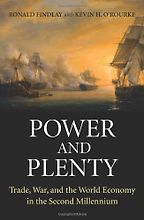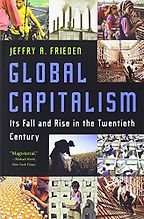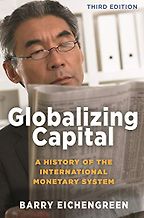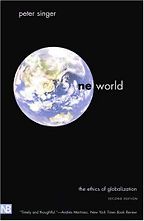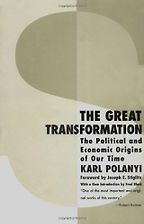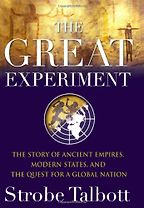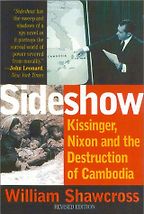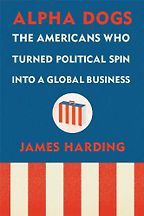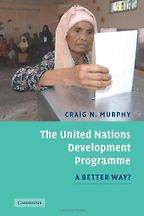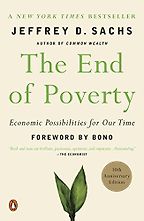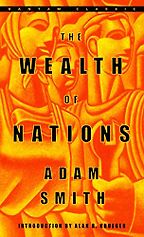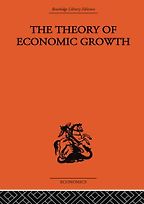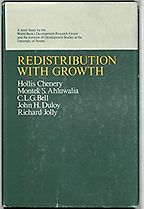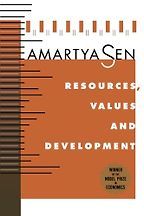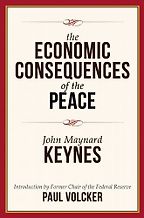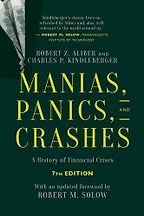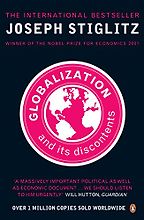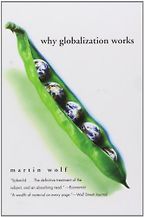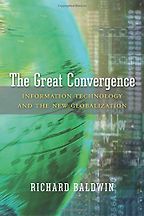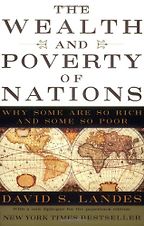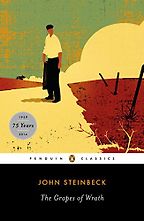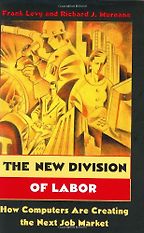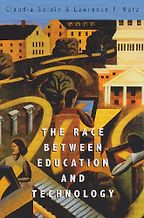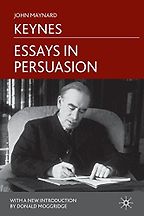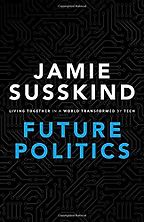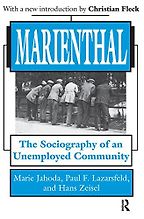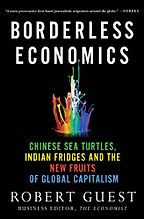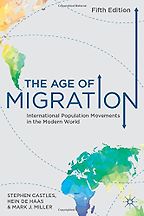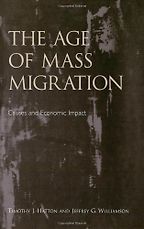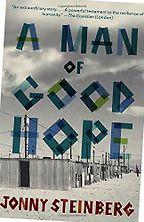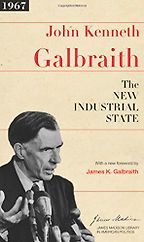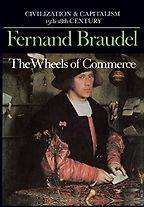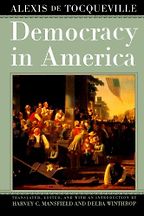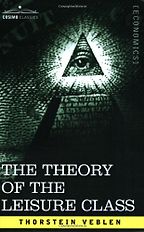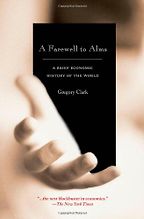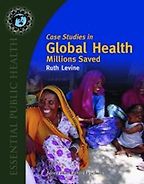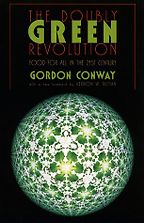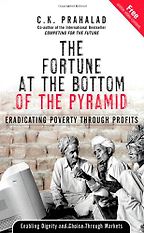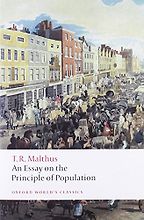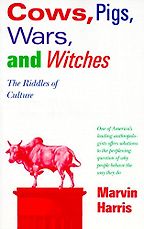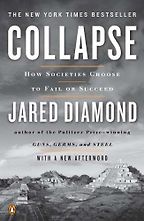Globalization is a popular topic at Five Books, and we're proud to have reading lists on it from some eminent economists, such as Dani Rodrik and Larry Summers of Harvard. In this section, we explore both globalisation and some of the issues that go with it, like the economic effects of immigration. Inequality is another side-effect of globalisation, as some people are able to capitalize and make the most of the global market, and others lose their jobs and are left behind by the economic changes it wreaks. You can find our books devoted to the issue of economic inequality here.
The best books on Globalisation, recommended by Dani Rodrik
What is going on with the world these days? In this interview tracing the past and present of globalisation, political economist Dani Rodrik gave us some clues as to the underlying issue. He picks the best books on globalisation.
The best books on Globalisation, recommended by Mark Malloch Brown
The Chief of Staff of the United Nations under Kofi Annan and former Administrator of the UN Development Programme talks us through some of the key ideas and institutions that helped develop globalisation
The best books on Economic Development, recommended by Pranab Bardhan
What is economic development? What does it take to make it happen? What can we learn from the days Britain was still a developing country? Eminent Indian economist, Pranab Bardhan, recommends the best books to better understand economic development.
The best books on Globalization, recommended by Larry Summers
Globalization benefits mankind and we are learning how better to deal with the disruption it causes. But one thing is for sure, the laws of economics are no more escapable than the laws of physics. Harvard professor and former US Treasury secretary, Larry Summers, recommends the best books on globalization.
The best books on Globalisation, recommended by Stephen D King
The Chief Economist at HSBC reflects on the hubris of the Western World and reminds us that history provides valuable lessons on financial crises and the constant changing shape of the world economy
-

1
The New Division of Labor: How Computers Are Creating the Next Job Market
by Frank Levy & Richard J Murnane -

2
The Race between Education and Technology
by Claudia Goldin and Lawrence F Katz -

3
Essays in Persuasion
by John Maynard Keynes -

4
Future Politics: Living Together in a World Transformed by Tech
by Jamie Susskind -

5
Marienthal: The Sociography of an Unemployed Community
by Hans Zeisel, Marie Jahoda & Paul F Lazarsfeld
The Best Books on the Future of Work, recommended by Daniel Susskind
The Best Books on the Future of Work, recommended by Daniel Susskind
For many us, work is not only a vital source of income, but also an important part of our identity. As computers become ever better at doing jobs that used to be the exclusive preserve of humans, the work available to us and the rewards for doing it will change dramatically. As economist Daniel Susskind explains, these developments are going to force us to rethink how society as a whole works at a very fundamental level, changing the role of the state, the way we think about how individuals contribute to society and how they can, or should, be rewarded.
The best books on Immigration, recommended by Ian Goldin
What are the economic effects of immigration? Economist Ian Goldin, a professor at Oxford University and founding director of the Oxford Martin School, recommends books and explains.
The best books on Saving Capitalism and Democracy, recommended by Robert Reich
It’s not the first period in history that American society has suffered from a crisis of inequality. Former labour secretary, Robert Reich, recommends books to help us understand the response of previous generations to the same kinds of challenges we now face.
The best books on Breakthroughs in Development, recommended by Rajiv Shah
The head of USAID says ending poverty is within our grasp, and explains why development and a flair for business can be a happy combination
The best books on The Global Food Scandal, recommended by Tristram Stuart
The campaigner and historian says that Western countries waste more food than they consume. Believe him: he survives off food scavenged exclusively from supermarket bins


